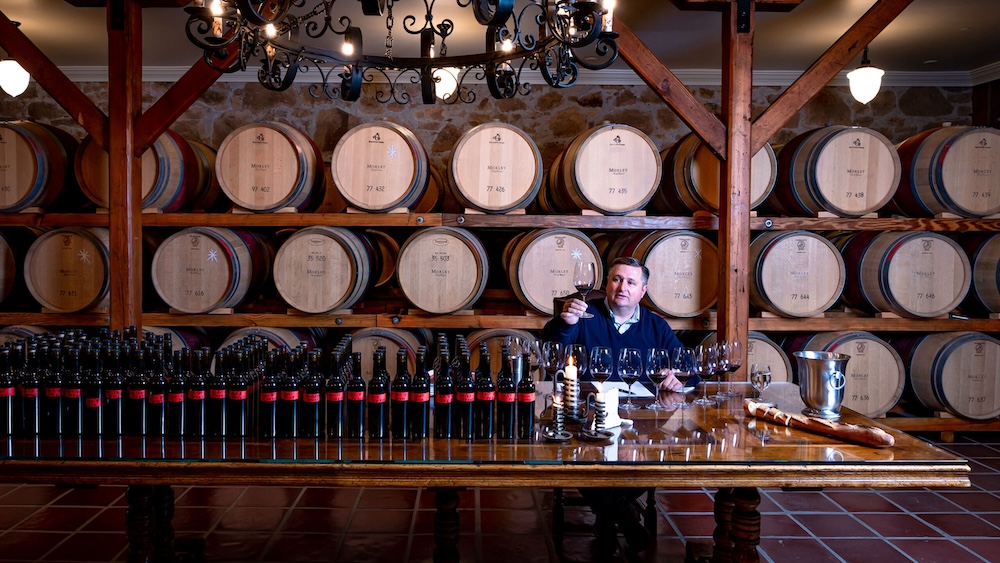
Portraits
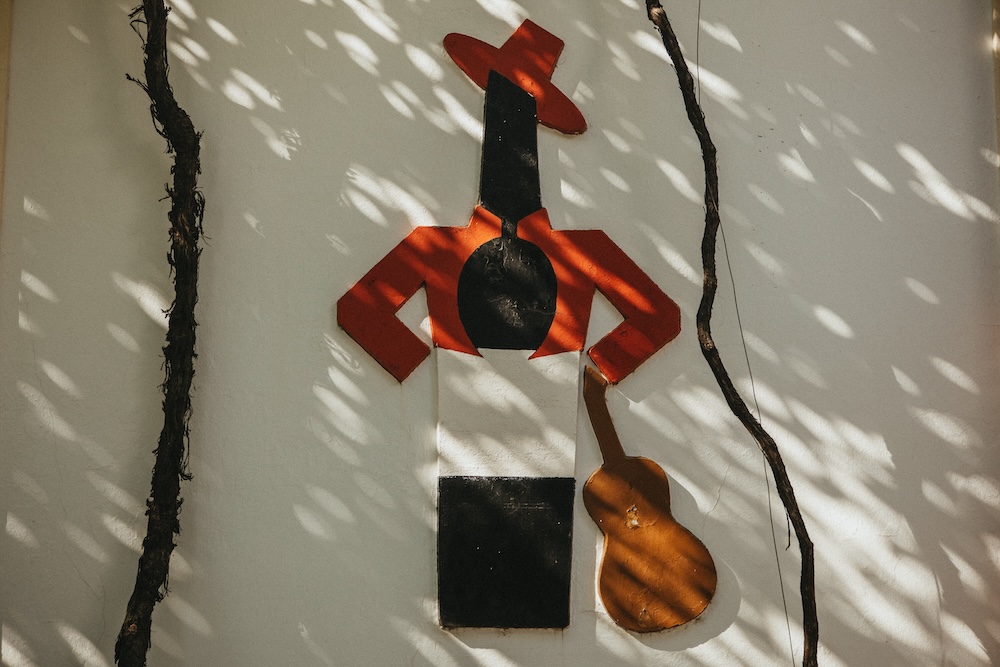
Portraits
By Isabelle Escande - Photographs: courtesy of the estates, posted on 19 August 2025
200 years of history (or almost), 1,969 hectares of vines and a presence in every corner of the globe… Gonzalez Byass is probably the most famous Spanish wine group in the world. What are the secrets of its success? Definitely the expertise built up over the years, but perhaps also a trace of humility and pragmatism.
“Our work is built on honest, living, social foundations”. It stems from a heritage that has been gradually forged since a youthful Manuel María González Ángel, aged just 23, founded his winery in Jerez de la Frontera in Andalucía. This mindfulness of tradition has applied to every one of the group’s new acquisitions throughout its history. “Each of our brands has its own identity. They operate totally independently”. Admittedly, managing each of these different entities is “more complicated” than if it were a single company structure, but it also lends greater “value” to the whole and safeguards the group’s “personal” side.
There is no denying that González Byass brands each have their own distinctive character, starting with the historic Tio Pepe bodega and its storied sherries, Vilarnau with its refreshing Penedès sparkling wines, and Beronia, in the heart of Rioja which crafts elegant red wines (95% of production) matured for lengthy periods of time.
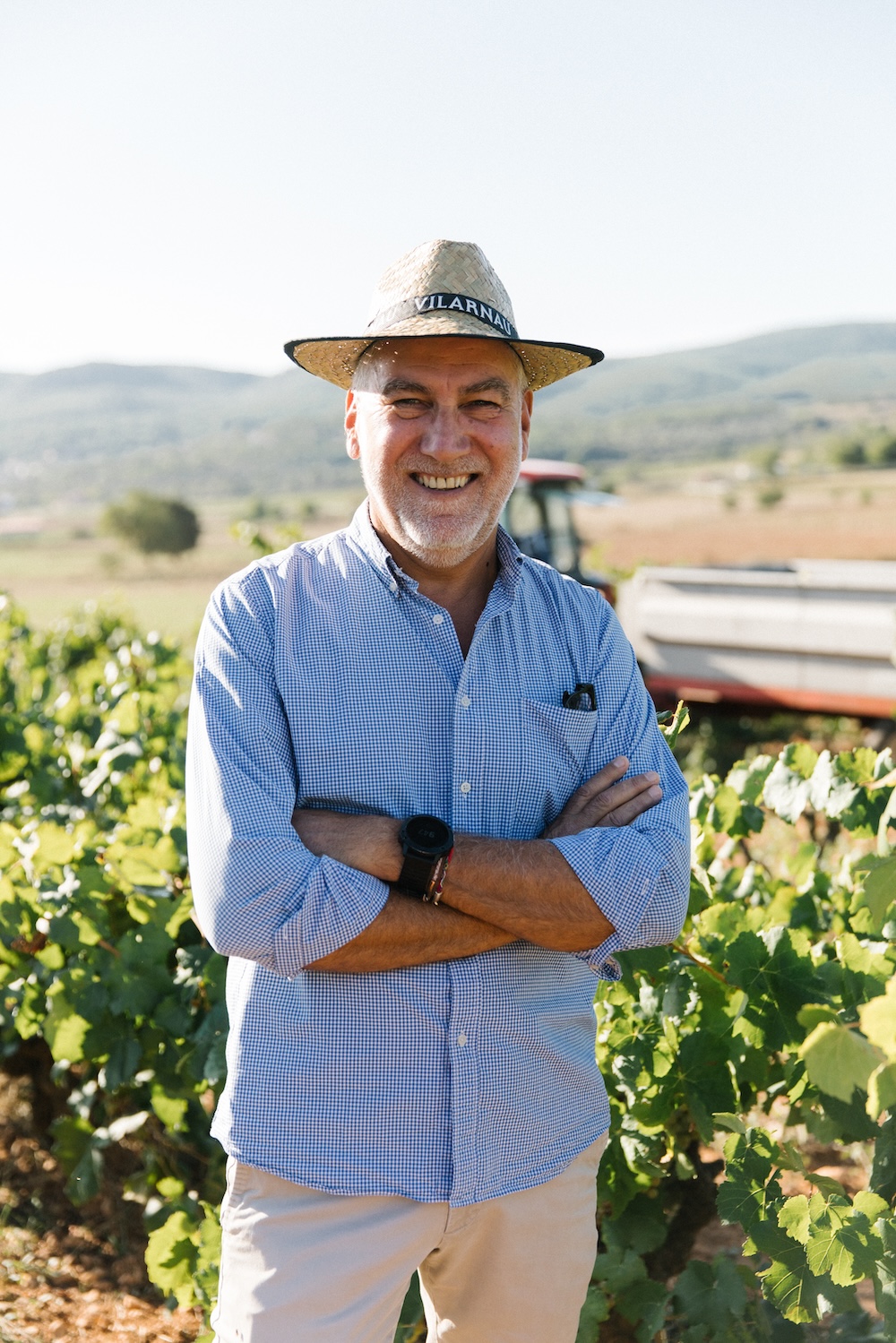
Vilarnau’s manager and winemaker, Damià Deàs
This diversity is also an amazing asset in export markets because, as Diego Talavera points out, “we don’t just have one market that performs well, but a lot of markets with a certain volume”. The variety of the González Byass range – fortified wines, age-worthy offerings, sparkling wines, fresh, easy-drinking pours etc – allows the company to target a broad consumer audience and to respond to differing industry trends.
More importantly still, the group can rely on a robust distribution network to place its products in the most appropriate places. “We are always looking for the most suitable distributors and channels. We are not in any hurry, we work on a long term basis”. The key is not about generating growth at all costs but the ability to adapt to market demand. To support the strategy, the group has several key export drivers worldwide – United States, Mexico, Chile and England – as well as sales representatives located in areas of interest such as Germany, Thailand, Indonesia, Poland, China, Brazil and Korea. The formula seems to be paying off because the group exports to 106 countries and 73% of its revenue comes from overseas sales.
In fact, the same export spirit has always defined a company whose development stemmed from its foreign trade with the United Kingdom. In 1856, 20 years after it was founded, it was already the leading export company for sherry. Through patience and expertise, the group expanded, but not at any cost.
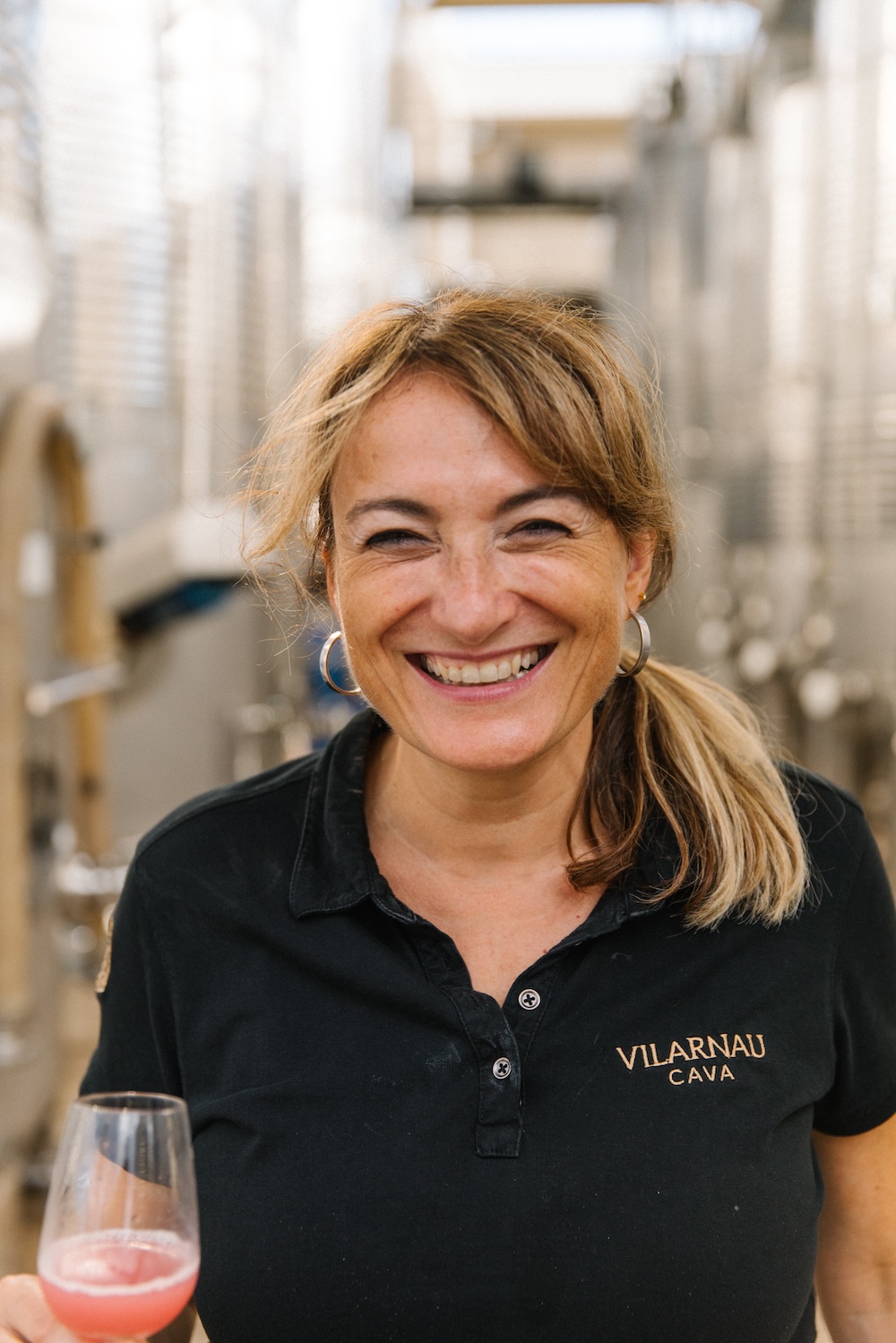
Eva Plazas, the winemaker at Vilarnau
“We are extremely aware, because we see it in our vineyards every day, that you have to have a pact with the land that surrounds and feeds us”, admits Gaborieau. “You have to look not for short-term profitability, but for a sustainable business. This perspective is part of our genetic make-up”. The group has invested nearly 3 million euros in its green growth.
One of its bodegas has become a touchstone for environmentally-friendly practices because it is the first winery in the world to have been awarded LEED GOLD certification issued by the US Green Building Council which accredits buildings with a low environmental impact. The property has leveraged the incline of the terrain and is located half underground beneath a green roof which helps it sit perfectly in the landscape. Entirely designed around energy savings – along with its efficient waste and water management systems – it houses several technological innovations such as geothermal equipment – using the natural temperature of the ground – to provide its facilities with air-conditioning. It also uses the Cleanwood system which not only eliminates micro-organisms from barrels – Bretts for example – without the need for using sulphites, but also maximises wine barrel disinfection and regeneration.
This sustainable approach is holistic in that it applies to every level of production, and more. “Sustainability is not just about using green practices but also about aiming for profitability and a sustainable future for the company through these measures”. In short, it’s about future-proofing prosperity.
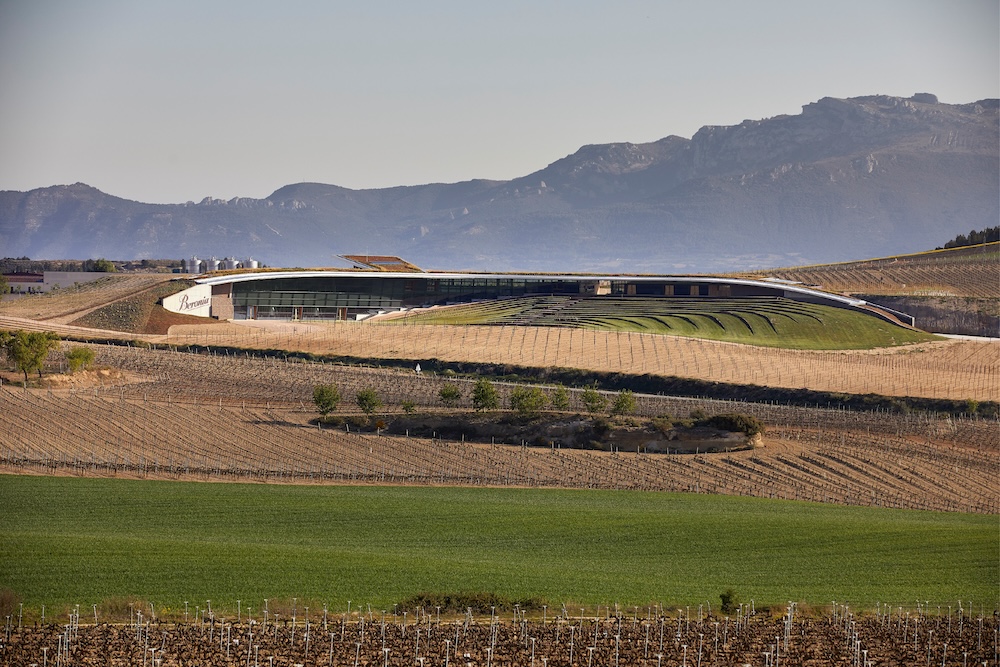
Beronia, a benchmark for sustainable wine architecture

Portraits
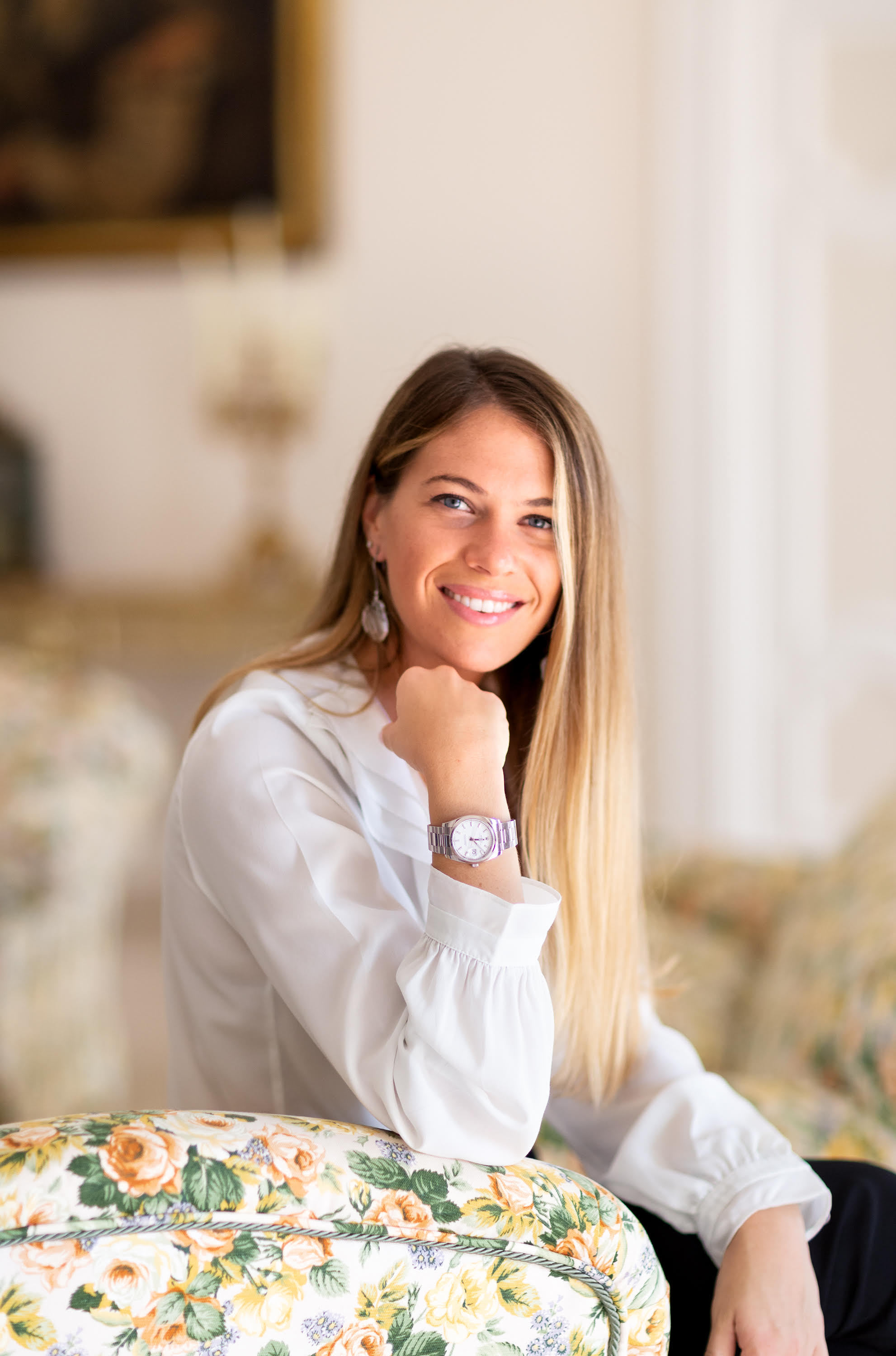
Portraits
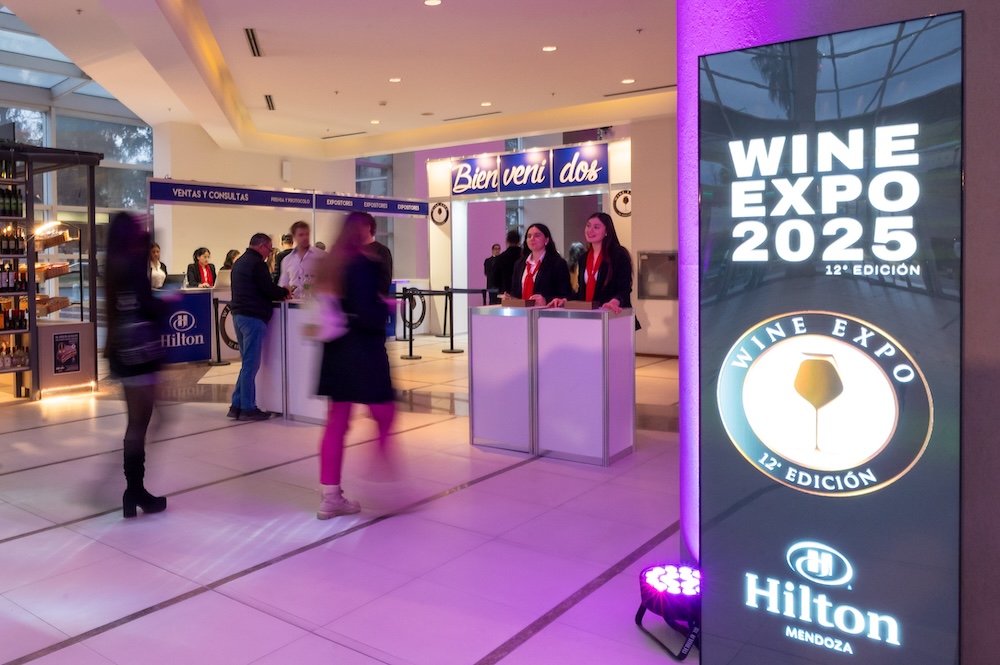
Portraits